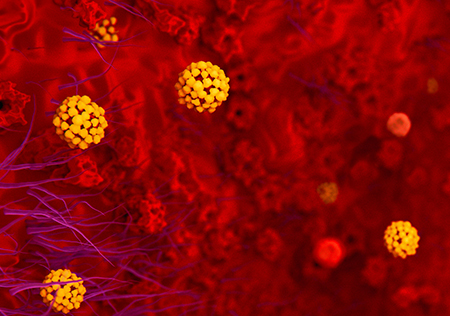The following is a media release from Sen. Ed Markey, who was elected by voters in the Commonwealth of Massachusetts to serve the state in Washington DC in the US Senate. He is a Democrat.
***
[broadstreet zone=”80100″]
WASHINGTON, D.C. — U.S. Senators Kirsten Gillibrand (D-NY), Ed Markey (D-MA), Marco Rubio (R-FL), and Cory Gardner (R-CO) yesterday, May 16, introduced bipartisan legislation to strengthen America’s bioeconomy. As scientists and researchers rush to develop a vaccine for COVID-19, the Bioeconomy Research and Development Act of 2020 would strengthen and broaden engineering biology by establishing an initiative to advance research and development, advance biomanufacturing, develop the future bioeconomy workforce, and support research in ethical, legal, environmental, safety, security, and societal issues.
The legislation would also establish a committee to coordinate research in engineering biology across the federal agencies.
[broadstreet zone=”59945″]
“Investing in engineering biology research is critical for our country, now and for our future,” said Senator Gillibrand. “In addition to helping scientists develop a vaccine to protect Americans from coronavirus, engineering biology research touches everything from our food, to our environment, to our health care. Strengthening and coordinating our nation’s research initiatives will not only make us safer, but it will bolster our economy and put the United States at the forefront of global research leadership. I’m proud to lead this bipartisan bill in the Senate.”
“Biotechnology and life sciences innovation drives our bioeconomy, and this legislation will ensure that the United States remains a leader in engineering biology research and innovation, supporting the hundreds of thousands of workers in the health, energy, agriculture, and manufacturing sectors that contribute to this field. Massachusetts is more than the Bay State, we are the Brain State and our state’s bioeconomy is our lifeblood,” said Sen. Markey.
[broadstreet zone=”59982″]
“The coronavirus pandemic has shown us how important it is to coordinate science research and stay at the forefront of health technology, whether it is detecting new viruses or rapidly developing vaccines. This bill will enable us to better coordinate bioengineering research and ensure we remain a global leader,” said Senator Markey.
“The preservation of the American economy is reliant on cutting edge innovation, technology, and discovery,” Senator Rubio said. “Amid the coronavirus pandemic, it is more important now than ever that we invest in engineering biology research to help scientists working to develop a vaccine, while also establishing a legal framework to safeguard the research. I am proud to join my colleagues in introducing this legislation to strengthen both our economy and our research capability.”
[broadstreet zone=”59983″]
“Like the technological revolution and the Industrial Revolution before it, the biological revolution will reshape how we interact with and understand the world around us,” said Senator Gardner. “I’m proud to work with my colleagues on both sides of the aisle to develop a stronger bioeconomy, which will lead to new scientific developments like improved vaccines and innovations in agriculture, food, medicine, clothing, and more.”
In addition to developing new vaccines, engineering biology research is used to develop nutritious, locally grown specialty crops that are resilient to climate change; to make food safer with technologies that detect harmful microorganisms and fight antimicrobial resistance; to help wounded service members regain quality of life with advanced prosthetics, burn treatments, and regenerative therapeutics; to develop low-cost lifesaving drugs and early detection of cancer; and to clean the environment by creating non-polluting batteries, preserved biodiversity, and microbes that can chew through persistent toxic chemicals.
[broadstreet zone=”59984″]
The bipartisan Bioeconomy Research and Development Act of 2020 would establish an initiative through the White House Office of Science and Technology Policy (OSTP) to strengthen and broaden the country’s research capacities. Additionally, while federal agencies — such as NSF, NIST, DoE, DoD, NASA, USDA, NIH, FDA, and EPA — are all independently investing in engineering biology research, the legislation would coordinate these efforts.
Specifically, the Bioeconomy Research and Development Act of 2020 would:
- Establish an Initiative through OSTP to advance research and development, advance biomanufacturing, develop the future bioeconomy workforce, and support research in ethical, legal, environmental, safety, security, and societal issues;
- Direct the National Academies to review ethical, legal, environmental, safety, security, and societal issues related to engineering biology; and
- Direct OSTP to lead an interagency coordination committee and define roles of participating agencies.
[broadstreet zone=”70106″]
The legislation is endorsed by leading research institutes including Cornell University’s Boyce Thompson Institute, Cornell University’s Alliance for Science, the President of the Hastings Center for bioethics research, Johns Hopkins Center for Health Security, National Organization of Rare Disorders, the Biotechnology Innovation Organization, the American Society for Microbiology, American Society of Mechanical Engineers, and SynBioBeta.
Full text of the legislation can be found here.

